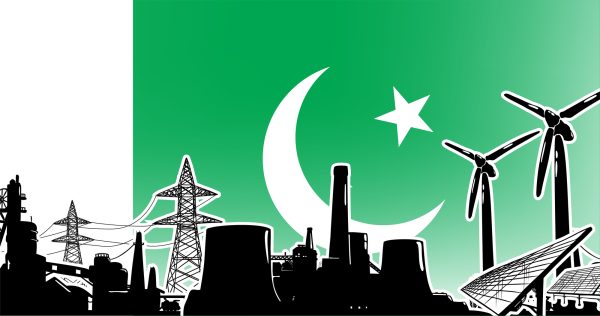

On August 24, 2024, Deputy Prime Minister Ishaq Dar defended Punjab's Rs45 billion electricity relief initiative, labeling the criticism of the program as 'incomprehensible' [2f5661cb]. He emphasized that Pakistan's ongoing economic struggles have roots in disruptions that began in 2017, suggesting that the current challenges are not solely the result of recent policies [2f5661cb]. Dar announced plans for automatic umbrellas at Data Darbar as part of broader initiatives to improve public services [2f5661cb]. He highlighted the achievements of former Prime Minister Nawaz Sharif, particularly in making Pakistan a nuclear power, as a point of pride for the nation [2f5661cb].
In addressing the political dynamics, Dar downplayed any rifts with the Pakistan Peoples Party (PPP), asserting that coalition ties remain strong despite the criticisms [2f5661cb]. He stated that the electricity relief should be regarded as a provincial right, arguing that Punjab's Rs14 per unit relief should not be imposed on other provinces [2f5661cb]. This stance reflects ongoing debates about resource allocation and provincial autonomy within Pakistan's federal structure.
The backdrop of this announcement is a complex economic landscape in Pakistan, where rising inflation and energy costs have led to widespread public discontent. The electricity relief initiative aims to alleviate some of the financial burdens faced by residents in Punjab, which is Pakistan's most populous province. However, the effectiveness and sustainability of such relief measures remain subjects of scrutiny among economists and political analysts alike [2f5661cb].
Adding to the complexity of Pakistan's energy situation, a recent analysis highlights that the country has an installed power production capacity of 42,131 MW, nearly double its actual demand. Despite this overcapacity, chronic power shortages persist, particularly in major cities like Karachi [1cd0a464]. The surge in electricity rates in May 2024, attributed to an IMF bailout, has made electricity more expensive than renting in some areas, exacerbating the crisis [1cd0a464].
Contracts with Chinese power producers have contributed to inefficiencies and high costs, creating a paradox where energy overcapacity coexists with persistent shortages, as noted in the Economic Survey (2023-24) [1cd0a464]. The government's commitment to addressing these issues is crucial, as rising energy costs and the burden of debt from independent power producers continue to strain the economy.
As the political landscape evolves, the government's approach to managing economic challenges will be crucial. The commitment to national security and combating terrorism, as reiterated by Dar, underscores the multifaceted nature of governance in Pakistan, where economic policies are often intertwined with broader security concerns [2f5661cb].
Overall, the discourse surrounding Punjab's electricity relief initiative and the broader energy crisis highlights the intricate balance between provincial rights, national economic strategies, and the influence of foreign partnerships, particularly with China, in shaping Pakistan's energy future.